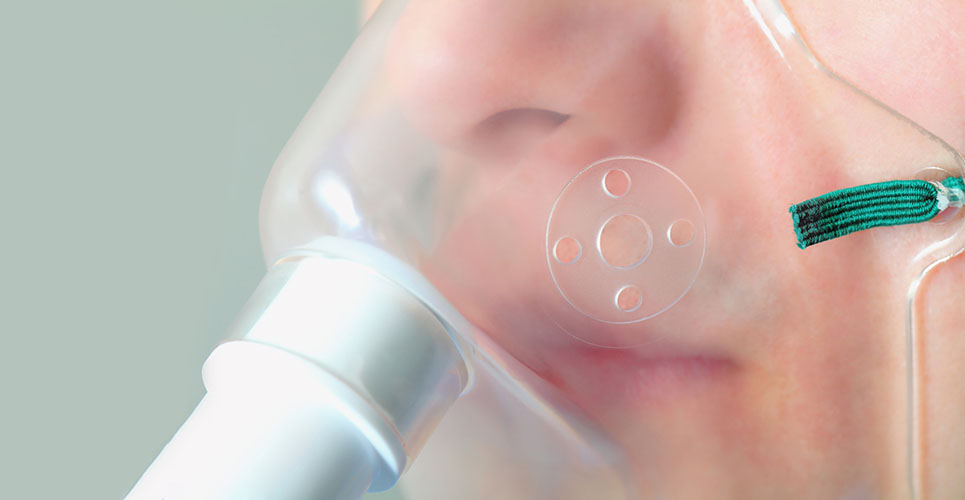General anaesthetics can make patients recovering from surgery more sensitive to the pain of the operation, new research has found.
The study at Georgetown University Medical Centre in Washington, US, was investigating why many of the drugs that send surgical patients to sleep make them more sensitive to pain when they wake up.
Scientists now believe they have discovered the reason for the side effect, with the findings hopefully allowing researchers to develop new anaesthetics that are kinder to recovering patients.
All general anaesthetics suppress the central nervous system to cause unconsciousness and paralysis, but they can also activate “pain-sensing” cells in the peripheral nervous system, leading to post-operative discomfort.
The new research, led by Dr Gerard Ahern and published in the journal Proceedings of the National Academy of Sciences, focused on two of these pain receptors, TRPV1 and TRPA1, which often appear together and also react to irritants such as the chilli chemical capsaicin and mustard.
TRPA1 is commonly known as the mustard oil receptor, and is a main receptor in the pain pathway. Experiments showed that general anaesthetics had a direct effect on TRPA1 activity, with mice without TRPA1 genes exposed to the drug appearing to feel no pain.
Copyright © PA Business 2008
Proceedings of the National Academy of Sciences

